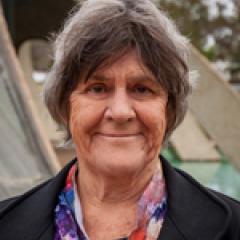The DROP CKD Study: Distinguishing risk of progressive chronic kidney disease
Chronic kidney disease [CKD] is a major health and economic burden within Australia. Irrespective of aetiology, many patients will progress through the stages of CKD and ultimately reach end-stage kidney disease. However, several studies have determined that not all patients with CKD do progress. An effective way of predicting the progression of CKD is needed.
View the DROP CKD Study presentation recently showcased at our 2017 NHMRC CKD.CRE Forum here.
Study aim
To design a multi-parameter biomarker panel to aid clinicians and investigators in identifying chronic kidney disease (CKD) patients whose kidney function is likely to significantly decline.
Methods
Participants will, in part, be identified via the CKD.QLD database of over 7,000 patients. With additional consent, patient pathology specimens will then be collected and stored in the CKD.Biobank [an NHMRC CKD Centre of Research Excellence initiative]. Stratification of patients will be into 4 groups: those with declining kidney function, stable, improving, and a "healthy/no CKD" control group, based on yearly estimated glomerular filtration rate change, proteinuria, and albumin-to-creatinine ratio. The concentration of circulating and urinary inflammatory, fibrotic, tissue injury, tissue repair, and oxidative stress biomarkers will be measured. These biomarkers will be assessed for the capacity to predict change in kidney function. The combination of biomarkers that provides the best accuracy and precision in predicting future kidney function will be selected to develop a model to predict CKD progressors.
Goal
Development of a multi-parameter panel of circulating and urinary biomarkers that captures inflammation, fibrosis, tissue damage, tissue regeneration, and oxidative stress associated with CKD and which accurately predicts future kidney function. This panel will address major clinical and research needs for identification of CKD patients likely to lose kidney function and those who will not, and assist with health care planning, informing patients and family, and prioritising health expenditure.
Project enquiries
Please contact Mr Evan Owens via evan.owens@uqconnect.edu.au .





